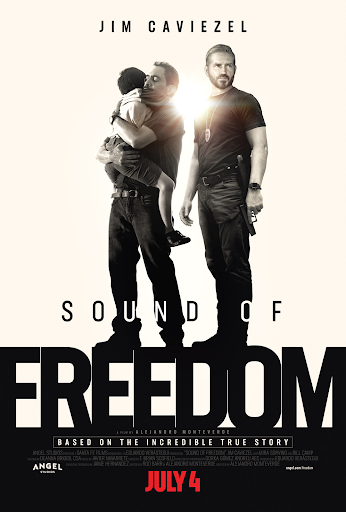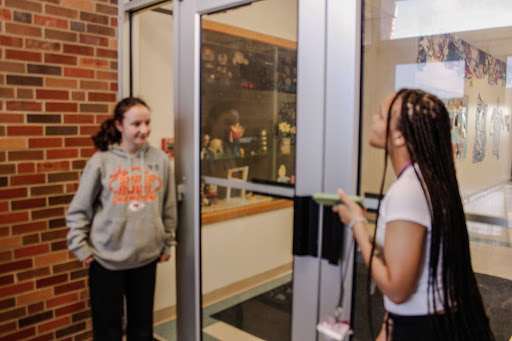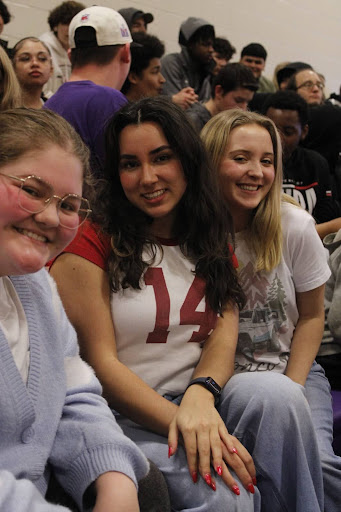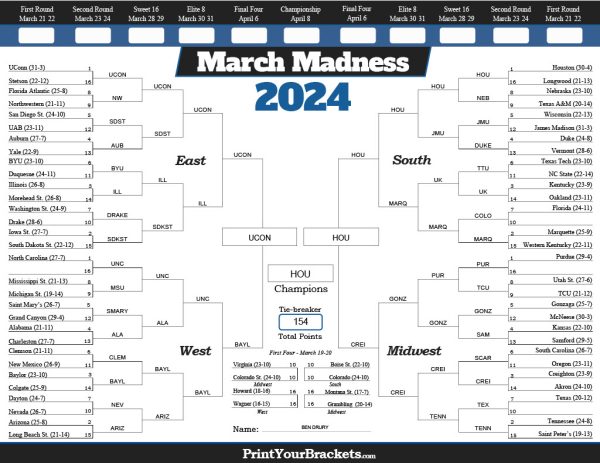Two Dollars for a Google Search?
A rule deregulating the internet passes in a 3-2 vote.
On December 14th, the Federal Communications Committee (FCC) enacted a ruling that repealed the strict management of the online business to consumer process. Known as net neutrality, the repealed regulations and guidelines restrict internet providers such as AT&T, COMCAST, and Verizon from charging content companies more in order to receive faster service connections. For example, if Bing pays Verizon more than Google does to sell its content, Verizon might slow down the connectivity of the consumer to the Google website. This means that the consumer will be more likely to use the faster product, Bing.
This comes as a possible threat to small companies who might be unable to afford higher costs in order to make sure their products are advertised to users.
Senior Raya Aberbach expresses her concerns: “It kills small businesses, since no one is going to want to pay for that in whatever package they buy, so no one is going to be able to start up on the internet.”
Another viewpoint suggests that it is only fair that the internet is less regulated.
According to Marketplace, an informative economics website, “most service providers argue that they should be able to charge more for sites that require more, like high speeds or busy traffic.”
Recently, an extensive amount of untruths have been inserted into the media, causing quite a lot of hysteria across the nation. Some online outlets have suggested that there will be a set cost on some services such as Netflix and Google. Examples of this include internet service providers charging five dollars per movie streamed on Netflix and two dollars per search on Google.
“It won’t happen all at once, but it will slowly increase prices,” Jordan Narrol, a freshman, said. “It won’t be, boom, Netflix now charges five dollars a movie. It’ll be, now Netflix subscriptions are $10.99; next year they’ll be $11.99 and it’ll just increase and increase. Over time, it’ll eventually cause us to end up in a rough situation because all at once consumers will notice. There will be an outcry and people will go to their competitors but if all the competitors do it slowly, no one notices.”
Although paying two dollars to Google how to get to the nearest Chipotle is very unlikely, there will most likely be a spike in costs using the internet.
CBS points out: “Those potential tiered packages, uncompetitive prices or increased membership costs will hit customers right in their wallets, regardless of whether they’re using Wifi or mobile internet to access the web.”
While there is a lot of agitation surrounding the repeal of net neutrality, it should be pointed out that there was a time before net neutrality. Net neutrality was put in place in 2015, under the Obama administration. Before that, a different plan of action, Title I specifically, had been in place. A Title I kind of approach, meaning less internet regulation, is what the FCC was pushing for when they made the 3-2 vote to repeal net neutrality (Title II) this past December.
The three Republicans that voted in favor of repealing net neutrality reason that there was little problem before net neutrality was put in place. They also believe that reverting back to more of a Title I approach to internet services will actually be beneficial for the general public.
“We are helping consumers and promoting competition,” Ajit Pai, the commission’s chairman, said. “Broadband providers will have more incentive to build networks, especially to underserved areas.”
The remaining two FCC members, both Democrats, strongly disagree with Pai’s take on net neutrality. Commissioner Mignon Clyburn, a dissenting voice in the vote, expressed her concerns at the lack of policing the FCC is doing in regards to internet service providers.
“What saddens me the most today is that the agency that is supposed to protect you is actually abandoning you,” Cyburn said after the 3-2 vote.
Some Hickman students also have strong opinions on the verdict made by the FCC.
“The real cause of this and the cause of most of these issues that end up happening is the big money interests,” Narrol stated. “The money in politics drives all of this. The current FCC chairman was a lawyer for Verizon. Verizon and COMCAST have given a lot of money to campaigns for congress and to the President, when he was running. This is something that the current president of the United States tries to do for most of his appointments. For the EPA, what does he do? He puts up a guy who sued the EPA five times. The Secretary of Energy ran for President and said he wanted to abolish the Department of Energy! And so for the FCC he puts up a Verizon lawyer. Their goal of getting smaller government and destroying the government so that there are no regulations on anything is putting people who have an interest on having whatever the policy is not happen lead the thing that makes that policy.”
Others hope that the repealing of net neutrality will lead to a more prosperous economy that will benefit the United States, rather than harm it. Some students have taken the initiative of trying to better understand net neutrality and how, or if, it affects them.
“I think it’ll really affect how our education works since we do a lot of stuff on Google Drive,” said Aberbach, discussing the relevance of the topic. “We use Home Access and Schoology, but if students have to pay for those on their internet plan, we’re not going to be able to use those anymore.”
By making it harder for students and school districts all across the nation to access learning tools, this could make teaching harder during a generation that is so heavily reliant on technology. The increased price in internet could also affect the prices that educational districts all across the nation would have to pay. So in a sense, net neutrality could have a major effect on teens at some point.
Aberbach might have put it best: “We use the internet all the time, so I think if people realized that, they’d care. They’re learning about it by scrolling through Twitter, by scrolling through Instagram, by watching a video on Youtube. That’s what it’s going to affect.”





